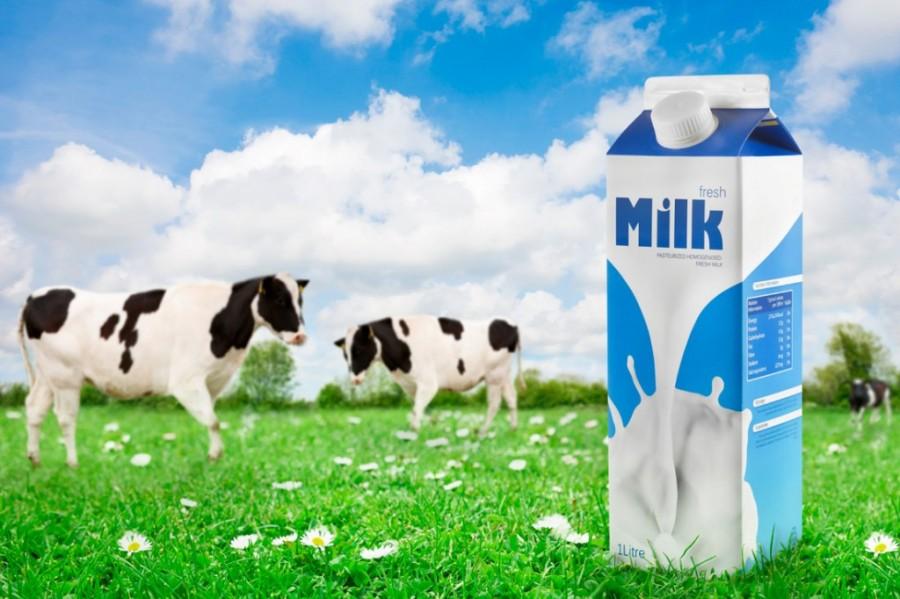Does milk really “do a body good?”
Growing up, children are constantly told to drink their milk in order to build muscle and grow stronger. However, despite popular belief, the dairy drink is not actually as beneficial as commonly thought. Firstly, cows’ milk is custom-designed for calves, and it is not intended to be consumed by humans. In fact, clinical research has shown that dairy products actually do more damage than good to our bones and can pose serious risks to a person’s health. Furthermore, aside from the health concerns of dairy, the production of dairy is potentially very dangerous for the environment. Lastly, while many people cannot imagine living without their daily dose of dairy, there are many healthier alternatives to milk that can be appreciated by even the pickiest of consumers.
Although milk is popularly known as a drink that helps bones grow stronger, its physical benefits have been proven false. According to the Nurses’ Health Study, dairy has been shown to increase the risk of bone fracture by 50 percent. In contrast, countries with populations that consume the most dairy products have higher rates of multiple sclerosis. Furthermore, dairy products have been linked very closely with many other health hazards, such as cancer. Additionally, milk sugar, milk proteins, fat and saturated fat in dairy products present serious health risks for children, increasing the presence of diabetes, obesity and heart disease within the younger populations.
“Milk is pretty terrible for my colon,” said senior Declan Graham.
Other than the hazards dairy poses to human health, dairy cows in the United States were the fifth largest emitters of the greenhouse gas methane in 2001. According to the Environmental Protection Agency,U.S. dairy cows emitted over 2,000,000 metric tons of the greenhouse gas methane. By trapping heat in the atmosphere and synthesizing to global warming, methane gas is extremely harmful to the environment. Furthermore, the gas is extremely flammable, presenting a safety hazard when present in large quantities.
While many people love to have a nice glass of milk with their cookies or enjoy a bowl of milk-filled cereal, there are several wholesome alternatives to drinking cow milk. Such substitutes of milk include almond milk, soymilk and coconut milk. While a cow’s milk contains about 102 calories per serving, almond milk, soy milk and coconut milk contain 30-90 calories. These alternatives are not only less caloric than milk but also do not have the same health and environmental hazards as conventional dairy products.
As many people are falsely informed about milk and other dairy products, they consume excessive amounts, unwittingly placing themselves in danger. While numerous individuals around the world drink cows’ milk due to the belief that it is beneficial, a cow’s milk is truthfully only advantageous to a calf.
Your donation will support the student journalists of Calabasas High School. Your contribution will allow us to purchase equipment and cover our annual website hosting costs.












Georgia S. • Oct 20, 2015 at 12:16 pm
This is so interesting! I never knew that milk really isn’t that good for you!